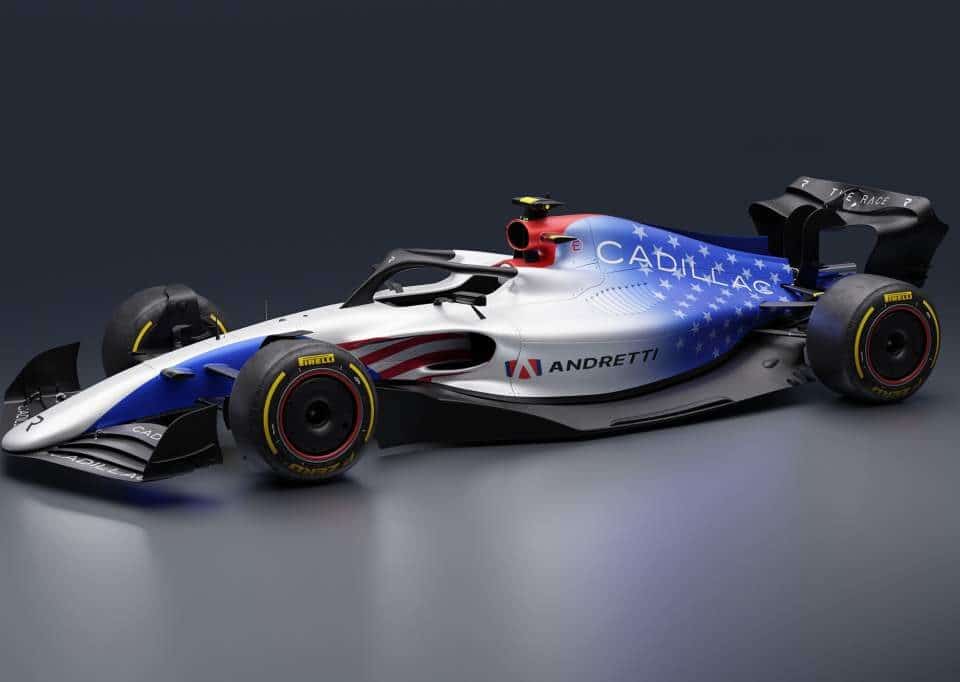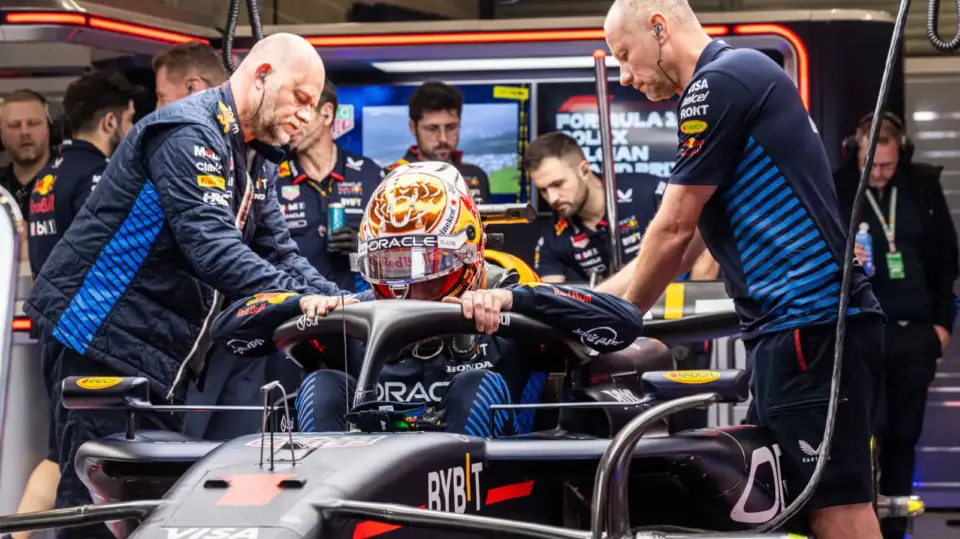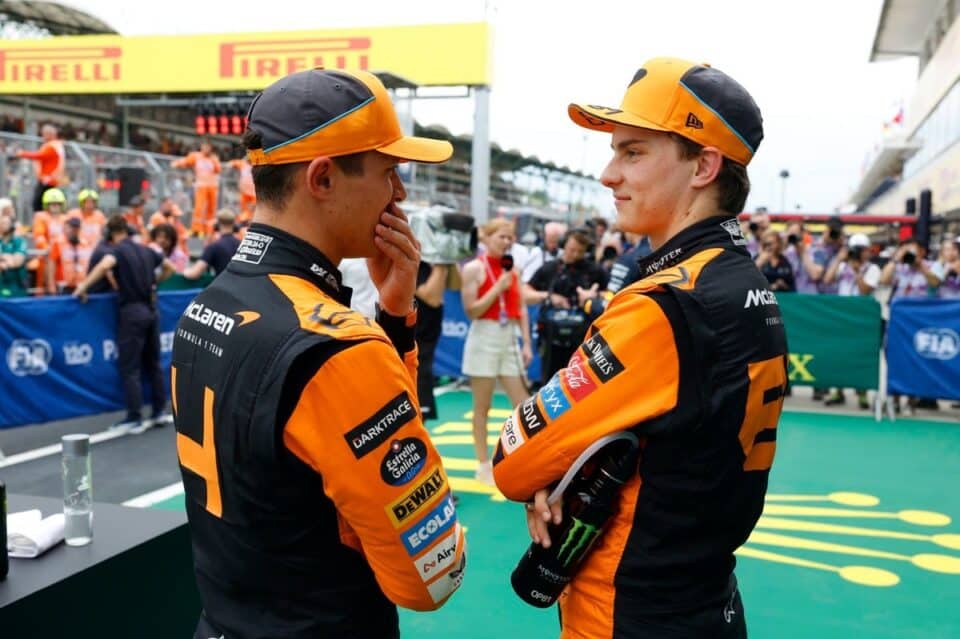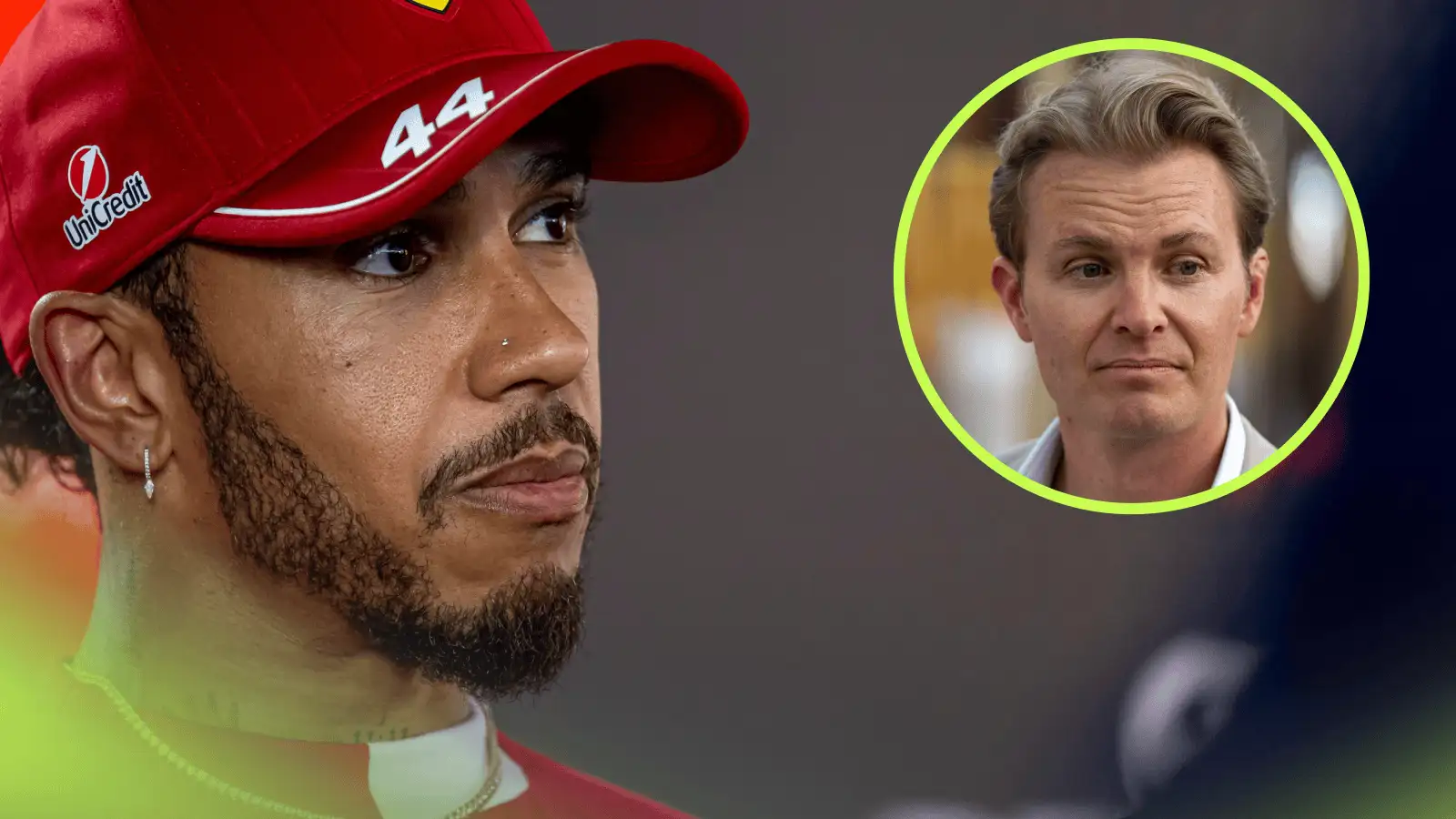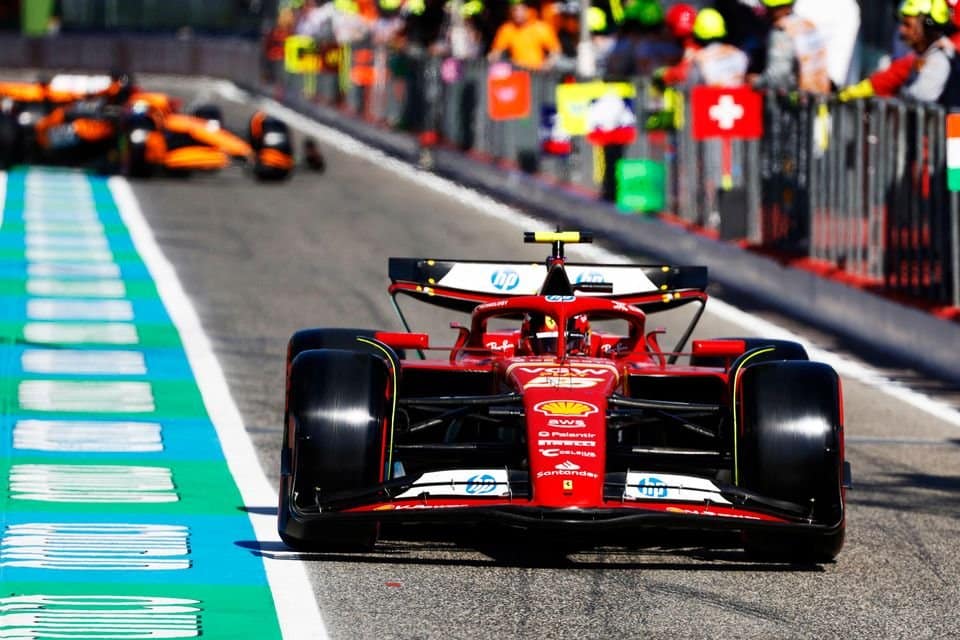After years of ups and downs, Renault has decided to call it quits on their F1 power unit program.
The Renault F1 engine business in Viry-Chatillon, which has powered teams since 1977, is shutting down. The Alpine team will now be powered by Mercedes engines, possibly starting next season. This decision marks a significant change, as Renault has a storied history with 12 constructor championships and 11 driver championships to its name.
News from Germany suggests that General Motors (GM), in partnership with Andretti F1, is interested in purchasing Renault’s F1 engine business. While Andretti had previously planned to join F1 in 2028 with a Cadillac engine, acquiring Renault’s ready-made facility could accelerate this timeline. Michael Schmidt, a well-known F1 journalist, mentioned on his podcast that GM could move the operation to the USA or set up a European headquarters.
However, the Renault power unit is currently underperforming, around 40BHP behind the competition, and the FIA has frozen further development until 2026. The key question for GM is whether it’s worth taking over an outdated facility or starting from scratch, a challenge Honda faced when they re-entered F1 in 2015. Fernando Alonso famously called Honda’s early efforts as good as a “GP2 (F2) engine.”
The new 2026 engine regulations aim to make it easier for OEMs to join F1 by eliminating the complex MGU-H component. However, F1 engine development remains a formidable challenge, and GM’s current experience is limited to sports car racing. Meanwhile, former Aston Martin and Alpine team boss Otmar Szafnaeur is involved in another US-backed F1 project, exploring the possibility of entering an 11th team into the championship.
At the Miami Grand Prix this year, several US senators requested a Department of Justice investigation into Formula 1’s alleged “anti-competitive practices.” They argued that adding an American team to F1 should be financially beneficial and shouldn’t be blocked. Andretti Global supported this call for investigation, expressing their commitment to building a world-class F1 team by 2026.
The departure of Renault from F1 marks the end of an era, while GM’s potential entry could kickstart a new chapter for American involvement in the sport.
